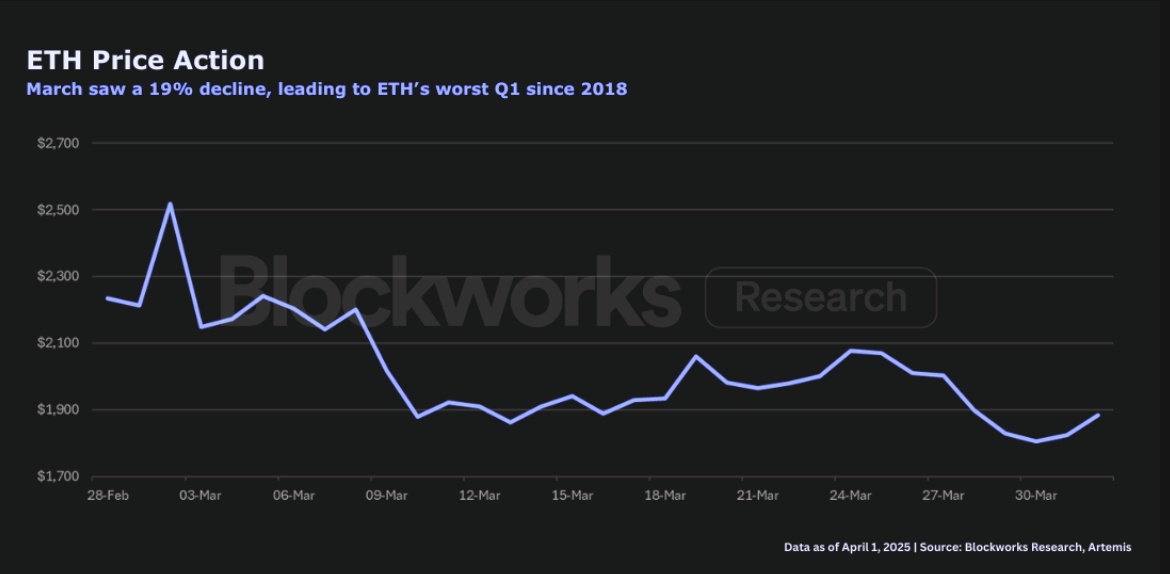Google restricts election queries in Gemini chatbot
Google has announced it will restrict the types of election-related queries that users can ask its Gemini chatbot, adding it has already rolled out the changes in the U.S. and in India, where voters will head to the polls this spring.
The Alphabet-owned firm said this on Tuesday, March 12, as it looks to avoid potential missteps in the deployment of the technology. The announcement comes after Google pulled its artificial intelligence (AI) image generation tool last month following controversies, including historical inaccuracies and contentious responses.
The company had introduced the image generator earlier in February through Gemini — Google’s suite of AI models — as part of a rebrand. There have been growing concerns about misinformation and fake news due to progress in generative AI, particularly in image and video generation, leading governments to consider regulating the technology.
Google wrote in a blog post:
“Out of an abundance of caution on such an important topic, we have begun to roll out restrictions on the types of election-related queries for which Gemini will return responses. We take our responsibility for providing high-quality information for these types of queries seriously, and are continuously working to improve our protections.”
Countries like South Africa and India are also gearing up for national elections. India has mandated that tech companies obtain government approval before publicly releasing AI tools that are either “unreliable” or in a trial phase and appropriately label them to indicate the potential for incorrect results.
Related: Generative AI teacher lands job in Indian high school
With the advent of publicly accessible artificial intelligence (AI) tools, there has been a rise in political deepfakes, which require voters to acquire new skills to distinguish what is real.
On Feb. 27, U.S. Senate Intelligence Committee Chair Mark Warner said that America is “less prepared” for election fraud for the upcoming 2024 election than it was for the previous one in 2020.
In Europe, the European Commission has created AI misinformation guidelines for platforms operating in the area. Shortly after, Meta, the parent company of Facebook and Instagram, released its own strategy for the European Union to combat the misuse of generative AI in content on its platforms.
Magazine: Google to fix diversity-borked Gemini AI, ChatGPT goes insane: AI Eye
Disclaimer: The content of this article solely reflects the author's opinion and does not represent the platform in any capacity. This article is not intended to serve as a reference for making investment decisions.
You may also like
Honda prepares to send its hydrogen tech to space
Share link:In this post: Honda is working with Sierra Space and Tec-Masters, two space technology companies, to try their high-differential pressure water electrolysis system. Honda aims for hydrogen to help it get all of its cars off carbon by 2040. Honda says it will work with NASA to get the equipment to the ISS on Sierra Space’s Dream Chaser space plane.
ETH just had lowest quarterly return since Q2 2022: Blockworks Research
The network is at a “pivotal juncture,” Blockworks Research’s Marc-Thomas Arjoon said

Riot Platforms Hits Post-Halving Bitcoin Production High as It Expands AI Capacity
Solana Price Pattern Points to a 65% Surge as Key Metric Beats Ethereum by Far
